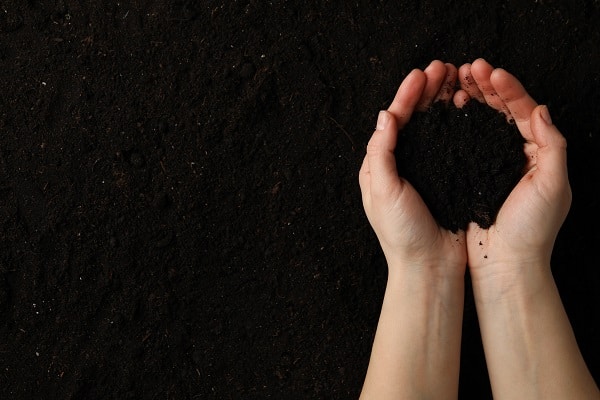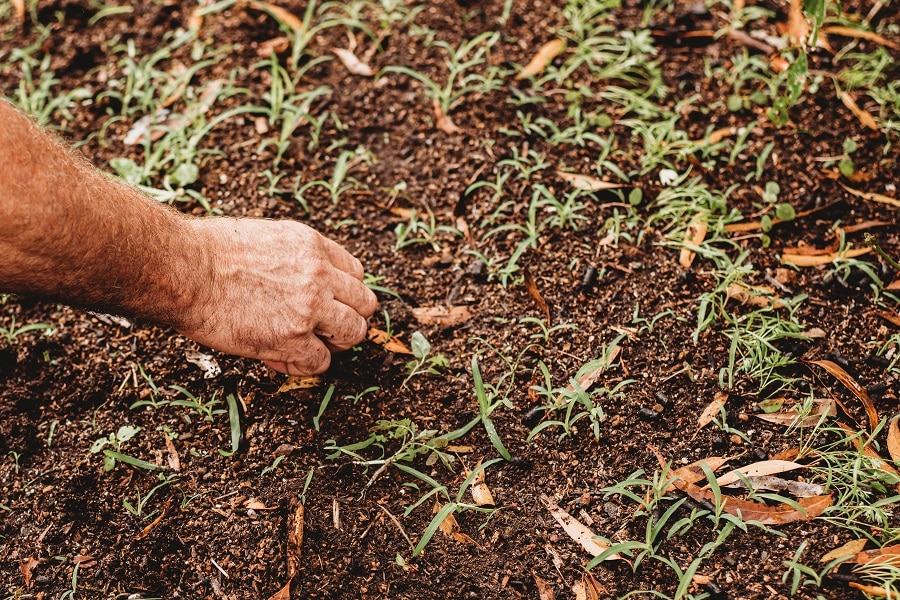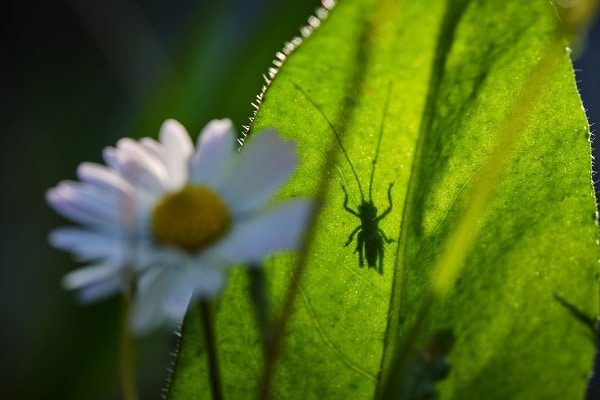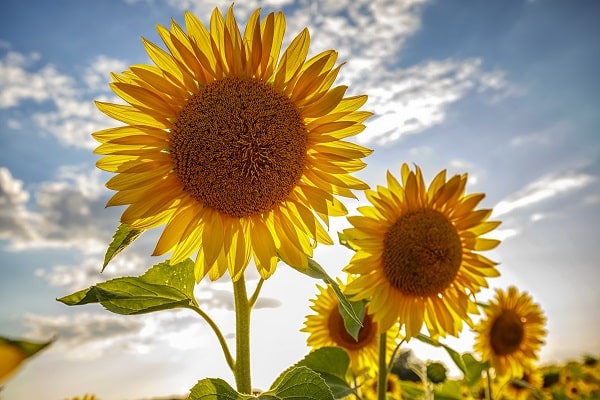Baking soda is a versatile product used for many different purposes. From fertilization to killing pests, baking soda can be an excellent tool for any gardener. But if you have never tried it before, you might be hesitant to try it or even know how to use it correctly. But one area people seem to overlook is the garden! To teach you how this article will cover various ways to use baking soda in your garden!
Contents
What Is Baking Soda Exactly?
Baking soda is a powerful substance that can be used as a leavening agent for making cakes and bread rise and has many other purposes. Known scientifically as sodium bicarbonate, this base powder is from sodium and bicarbonate. In its purest form, it is a fine, odorless powder that has a slightly salty flavor with no nutritional value.
When combined with acidic ingredients like lemon juice or vinegar, it releases carbon dioxide gas bubbles which cause dough or batter to rise. It also has other chemical properties that make it a great and versatile product for many different purposes in the home, including your garden!
Make Tomatoes Sweeter
Tomatoes are a common staple in most vegetable gardens. Not only are they beautiful with their bright colors and textures, but their taste can range from tart to sweet, depending on how you care for them. One useful way to coax out the sweetness of your tomatoes is by using baking soda. When mixed with water and sprayed onto tomato bushes, baking soda neutralizes acidic conditions around the plants’ roots.
This produces an environment with optimal pH for sweeter acidic growth—notably, it prevents calcium deficiency which can lead to bitter fruits. Utilizing this simple solution can ensure that your tomatoes not only look beautiful but also are deliciously sweet!
Test Your Soil
Testing soil pH is essential to maintaining the health of your garden, and one easy way to do this regularly is to use baking soda. Simply take a sample of your soil and mix it with some water in a bowl. When combined, sprinkle some baking soda on top; if the mixture bubbles, you know that your soil is alkaline because of its reaction to the acidity in the baking soda. If there’s no bubbling, then you know that your soil is acidic.
One important benefit of testing your soil with baking soda is it will allow you to identify any changes in conditions over time; furthermore, it can help you decide which amendments may be necessary for optimal fruit and vegetable production.
Kill Crabgrass
Crabgrass growing in the garden is a common problem for many gardeners. But rather than spending money on expensive herbicides, it is possible to naturally take care of this problem with a common household item – baking soda. Applying it correctly can help destroy crabgrass by blocking its ability to absorb nutrients, preventing it from growing and spreading.
Not only is baking soda an effective remedy, but it will also help kill other weeds and grasses in your garden. So don’t spend money on harmful chemicals; try this simple and natural alternative instead! You must mix baking soda with water and apply it directly to the affected area with a spray bottle or watering can.
Freshen Up Compost
Adding baking soda to your compost heap is an excellent way to keep it fresh while contributing to healthier soil. Baking soda helps balance the pH levels of your organic waste and neutralize odor-causing bacteria. To use this natural deodorizer in your composting efforts, mix a half-cup of baking soda into one gallon of water and sprinkle the solution over the top of your heap.
Alternatively, you can add a tablespoon directly onto the pile more frequently throughout the year. Always thoroughly mix the baking soda into your compost so it is evenly distributed. That way, you can keep your compost smelling clean and fresh while still giving your soil.
Keep Insects At Bay
Baking soda is also an inexpensive and safe way to keep pesky insects at bay. Its alkalinity is toxic to insects, so sprinkling it around your garden can help deter them from invading your plants and destroying your harvest, which works best on ants, slugs, and snails, but it will also help to repel other common garden pests, such as aphids and beetles.
To apply the baking soda, sprinkle it around your plants. You can also create an all-purpose insect spray by mixing two tablespoons of baking soda, four teaspoons of vegetable oil, and 4 cups of water; then, spray this directly onto affected areas. With regular use, you can successfully repel the most common garden pests without worrying about the safety of your plants or family.
Stimulate Blooming
Finally, baking soda can be a great way to encourage blooming in your garden, as it helps neutralize soil acidity and provide vital nutrients for plants. Used in the right amount, it works wonders for flowering plants. For best results, mix one teaspoon of baking soda with eight teaspoons of water and sprinkle over the soil around your plants. You can do this once every two weeks – any more could potentially be harmful to sensitive greens.
At the same time, adding some compost or mulch will help retain moisture while giving your flowers a helping hand up. With these tips and tricks, you’ll quickly find a fuller flowerbed that you can proudly display to guests everywhere!
Try Using Baking Soda In Your Garden!
Whether battling crabgrass, trying to keep your compost fresh, or encouraging blooming in your garden, baking soda is a simple and effective solution. It can neutralize soil acidity, repel insects, and provide vital nutrients for your plants. So why spend money on harsh chemicals and other expensive garden products when you can use this natural remedy instead? Whether you’re a seasoned gardener or just starting out, try baking soda in your garden today and see the difference for yourself!





